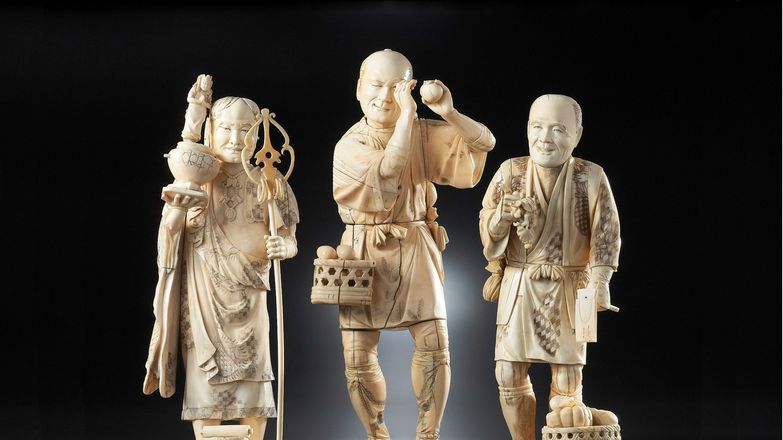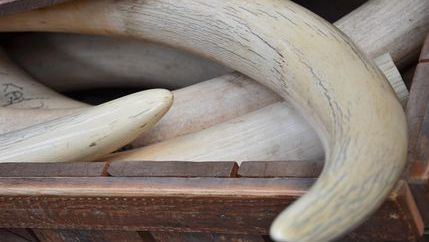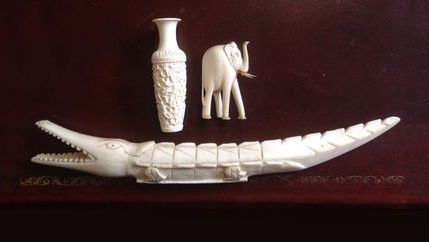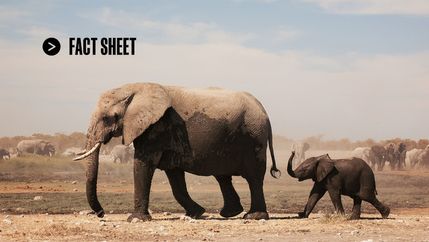
The Ivory Prohibitions (Exemptions) (Process and Procedure) (Amendment) Regulations 2025 will come into force on 15 May 2025, adding;
- National Museums and Galleries on Merseyside,
- National Museums and Galleries of Northern Ireland, and
- National Museum of Wales
to the list of prescribed institutions with the necessary knowledge and expertise to provide the Secretary of State with advice on applications for exemption certificates.
The existing nine prescribed institutions are:
- The Ashmolean Museum of Art and Archaeology at Oxford
- Glasgow Museums
- The Horniman Museum
- Manchester Museum at the University of Manchester
- The National Maritime Museum
- National Museums Scotland
- The Royal Armouries Museum
- The University of Cambridge Museums
- The Victoria and Albert Museum
Background to the Ivory Act 2018
The Act bans any individual, business, or organisation in the UK from buying, selling, hiring, importing or exporting ivory, or being involved with ivory dealing in any way
Initially, only ivory from African and Asian elephants fell under the ban, but from 28 January 2025, this was extended to ivory from common hippopotamuses, killer whales, narwhals, and sperm whales by the Ivory Act 2018 (Meaning of "Ivory" and Miscellaneous Amendments) Regulations 2025.
Propertymark’s comprehensive fact sheet for auctions division members explains the details of the legislation and how agents can stay compliant.
Exemptions to the Act
Standard exemptions exist under the Ivory Act for musical instruments made before 1975 with less than 20% ivory by volume, items made before 3 March 1947 with less than 10% ivory by volume, and portrait miniatures made before 1918 with a total surface area of no more than 320 square centimetres.
Exemptions are also included for items a qualifying museum intends to buy or hire, and items made before 1918 that are of outstandingly high artistic, cultural or historical value.
The registration process for an exemption costs £20 per item or £50 for a group of objects (up to a maximum of 20). Owners wishing to sell under the ‘outstanding artistic, cultural or historical value’ exemption must pay a fee of £250 and submit details to a committee of museum specialists for assessment.
Items that cannot legally be sold can be kept for personal use, lent, given as gifts, or bequeathed in a will, if no payment, exchange or barter is involved.
Enforcement and penalties
Both civil and criminal sanctions are available for breaches of the Ivory Act. Less serious offences may be subject to stop notices, enforcement undertakings, or financial penalties up to £250,000.
Criminal convictions could result in unlimited fines and up to five years' imprisonment.
What about the walrus?
Products which include ivory from seals, walrus, and sea lions are subject to a separate ban and are enforced by the Department for Environment, Food and Rural Affairs (DEFRA).
These products must not be brought into England, Scotland or Wales unless they meet one of two specific exemptions. Non-compliance can attract fines of up to £75,000.
Northern Ireland follows the comparable EU regime for seal products.
UK ban on sales of ivory
In December 2018, one of the world’s toughest bans on ivory sales became law as the Ivory Bill gained Royal Assent and became the Ivory Act 2018






